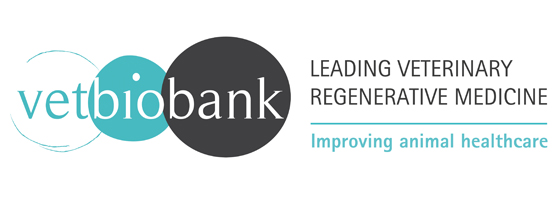Objectives: The current treatment of cats with chronic enteropathy frequently includes use of a prescription diet and daily medication administration, with the potential for side effects or problems with owner compliance, and may still result in treatment failure in some cases. The objective of this study was to determine if stem cell therapy was a safe and viable treatment in cases of feline chronic enteropathy.
Methods Allogeneic adipose-derived feline mesenchymal stem cells (fMSC) were used to treat seven cats with diarrhea of no less than 3 months' duration, while four cats with a similar clinical condition received placebo, in a blinded manner. Three additional cats were treated with an identical fMSC protocol, but owners were not blinded to the treatment. Owners completed a questionnaire characterizing clinical signs both before entering the study and 2 weeks following the second of two fMSC or placebo treatments. Owners were also surveyed for similar input by email 1-2 months later before being unblinded to their cat's study group. Besides the fMSC or placebo treatment, no other changes were made in diet, supplement or medication administration during the study.
Results: No adverse reactions or side effects were attributed to the fMSC therapy in any of the cats. Owners of 5/7 fMSC-treated cats reported significant improvement or complete resolution of clinical signs, while the owner of the remaining two cats reported modest but persistent improvement. Owners of placebo-treated cats reported no change or worsening of clinical signs. Of the owners not blinded to the treatment, one reported marked improvement, one reported no change and one was lost to follow-up.
Conclusions and relevance : Although allogeneic adipose-derived fMSC therapy appears to be a safe and potentially effective treatment for cats suffering from chronic enteropathy, these preliminary results require significant follow-up study.












